You have not yet added any article to your bookmarks!

Join 10k+ people to get notified about new posts, news and tips.
Do not worry we don't spam!
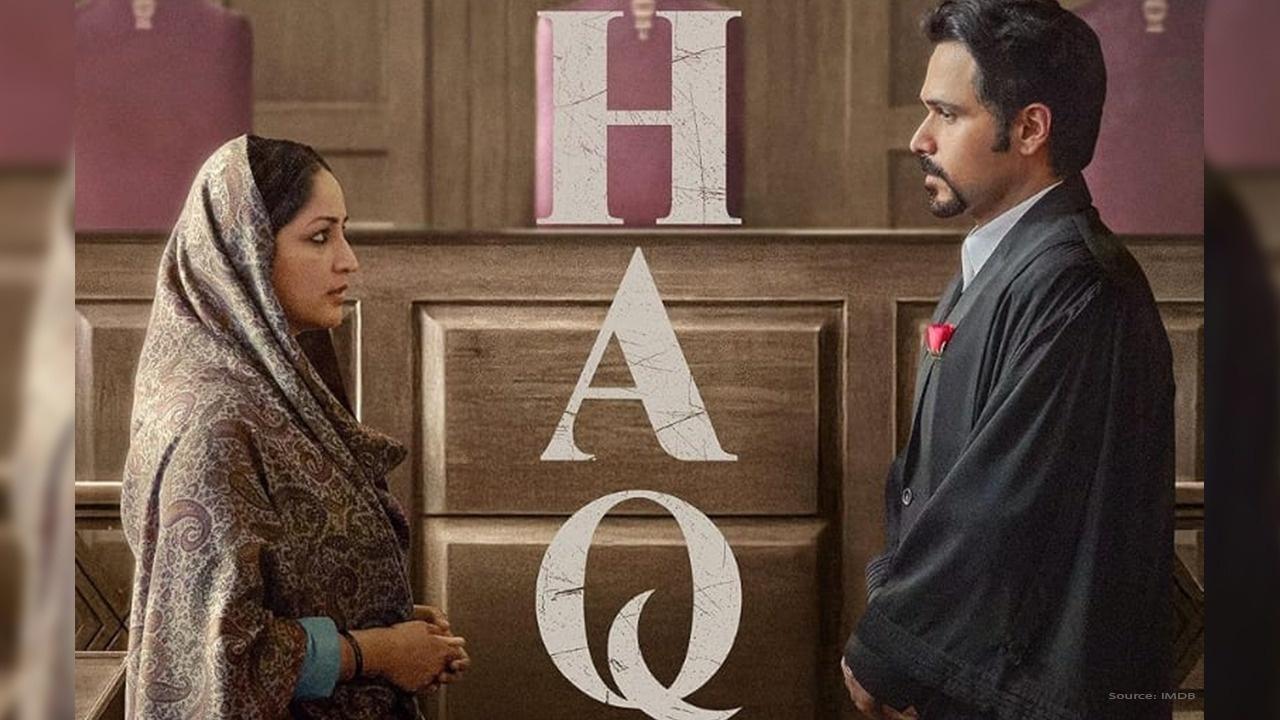
Post by : Mikael Ariff
Cinema can frame social debates, and Haq aims to do exactly that. Directed by Suparn S Varma, the film features Yami Gautam Dhar and Emraan Hashmi in principal roles and draws inspiration from the landmark Shah Bano Begum case of 1985.
Scheduled for release on 7 November 2025, Haq presents itself as more than a courtroom drama. It follows a woman's legal fight for maintenance and dignity, raising nuanced questions about how religious norms and statutory law interact in Indian society.
Rooted in the historic Supreme Court judgment in Mohd. Ahmed Khan vs. Shah Bano Begum (1985), the screenplay tracks personal anguish that escalates into a public conversation about rights and responsibility.
In this retelling, Yami Gautam Dhar portrays Shazia Bano, who is deserted by her husband, portrayed by Emraan Hashmi. Determined to secure maintenance, she invokes Section 125 of the Criminal Procedure Code, the statute that provides for support to women after marital breakdown.
What begins as an individual appeal gradually becomes emblematic of broader debates on equality, law and the role of faith in public life.
Director: Suparn S Varma
Lead Cast:
Yami Gautam Dhar as Shazia Bano
Emraan Hashmi as Adv. Mohd. Ahmed Khan
Producers: Junglee Pictures, Insomnia Films, and Baweja Studios
Language: Hindi
Runtime: Around 136 minutes
Release Date: November 7, 2025
The Shah Bano judgment remains a touchstone in India’s legal and social history. Haq reintroduces that episode to contemporary audiences, offering a cinematic entry point into its legal and moral complexities.
Rather than portraying its lead as passive, the film presents Shazia as resolute and vocal. Her portrayal highlights the personal cost of seeking redress and the resilience required to pursue justice.
The narrative interrogates the tension between personal law based on faith and the secular constitutional framework, prompting viewers to consider whether legal protections should be uniform or accommodate religious prescriptions.
Beyond its themes, Haq aims for persuasive courtroom sequences, tight scripting and scenes designed to provoke reflection about justice as a lived experience.
The plot opens with a domestic rupture: Shazia, once a committed spouse, is abandoned and must navigate the aftermath. Her personal grievance becomes a public case as she pursues maintenance.
The courtroom serves as the film’s crucible—arguments about belief, duty and legal precedent collide, and Shazia transforms from an individual litigant into a figure with wider social resonance.
Teasers suggest a mix of evocative visuals—courtroom confrontations, lawyering fraught with moral debate, and public demonstrations—combining to create an emotionally and intellectually charged drama.
Even before premiere, Haq attracted attention when Siddiqua Begum Khan, daughter of Shah Bano, petitioned the Madhya Pradesh High Court to seek a stay. She argues the film misrepresents her mother and that family consent was not obtained, reopening discussions about the boundaries between creative license and real-life portrayal.
The petition rekindles broader questions about artistic freedom versus responsibility to those whose lives inspire cinematic narratives.
Fresh Angle: Few mainstream Hindi films have addressed the intersection of religion, gender and constitutional law with this level of candour.
Performances: Yami Gautam and Emraan Hashmi are expected to deliver nuanced portrayals.
Topical Message: The film foregrounds issues that remain current—women’s entitlement to justice, equality before law, and social accountability.
Broader Relevance: By linking a local legal milestone to universal debates, the film may resonate beyond India.
If you seek cinema that combines narrative drive with ethical inquiry, Haq promises to be thought-provoking.
It adapts a pivotal legal episode that reshaped public discourse in India.
It offers charged courtroom drama and character-driven conflict.
It provokes reflection on faith, fairness and statutory rights.
Above all, it depicts how one person’s resolve can influence societal norms.
Haq argues that justice often requires active pursuit rather than passive expectation.
The film positions itself as an exploration of humanity as much as a legal case study, presenting a story that invites debate about rights, religion and equality. On release on November 7, 2025, Haq is likely to prompt conversation as much as box-office attention.
This article is intended for information and commentary. Haq is a creative interpretation inspired by historical events and should not be read as an exact factual account of real individuals or legal proceedings.

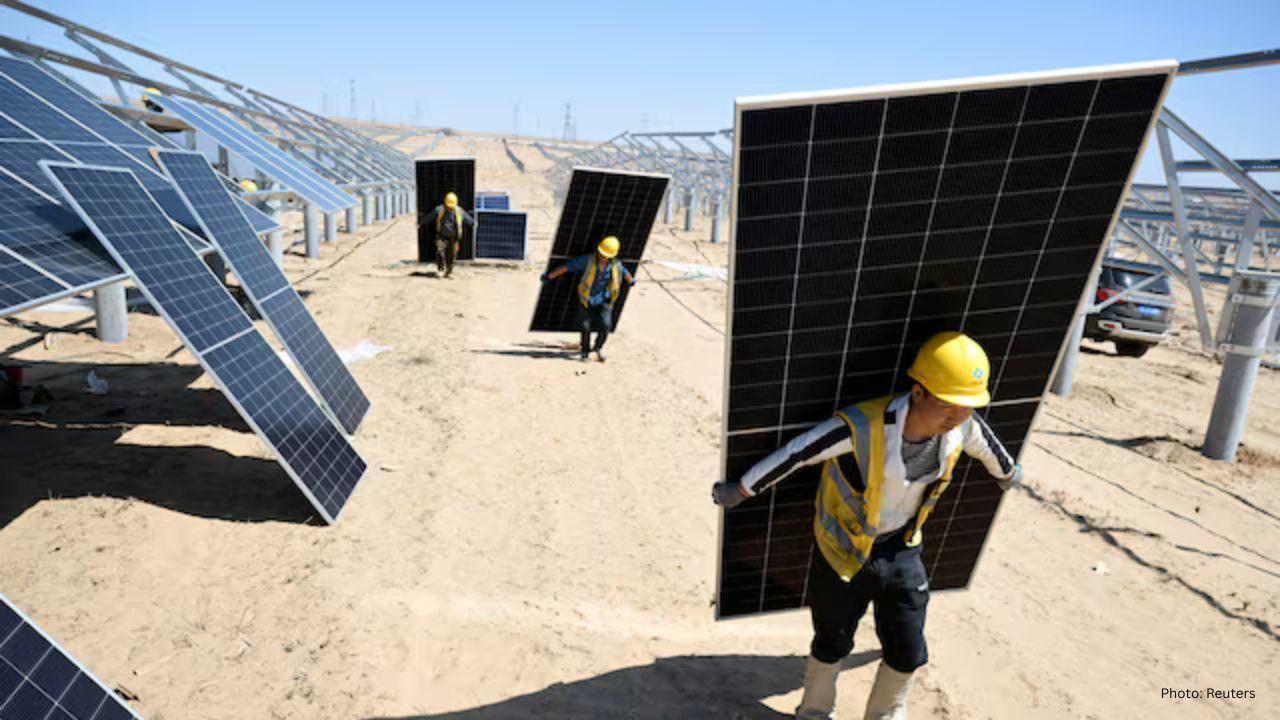








Akshaye Khanna exits Drishyam 3; Jaideep Ahlawat steps in fast
Producer confirms Jaideep Ahlawat replaces Akshaye Khanna in Drishyam 3 after actor’s sudden exit ov
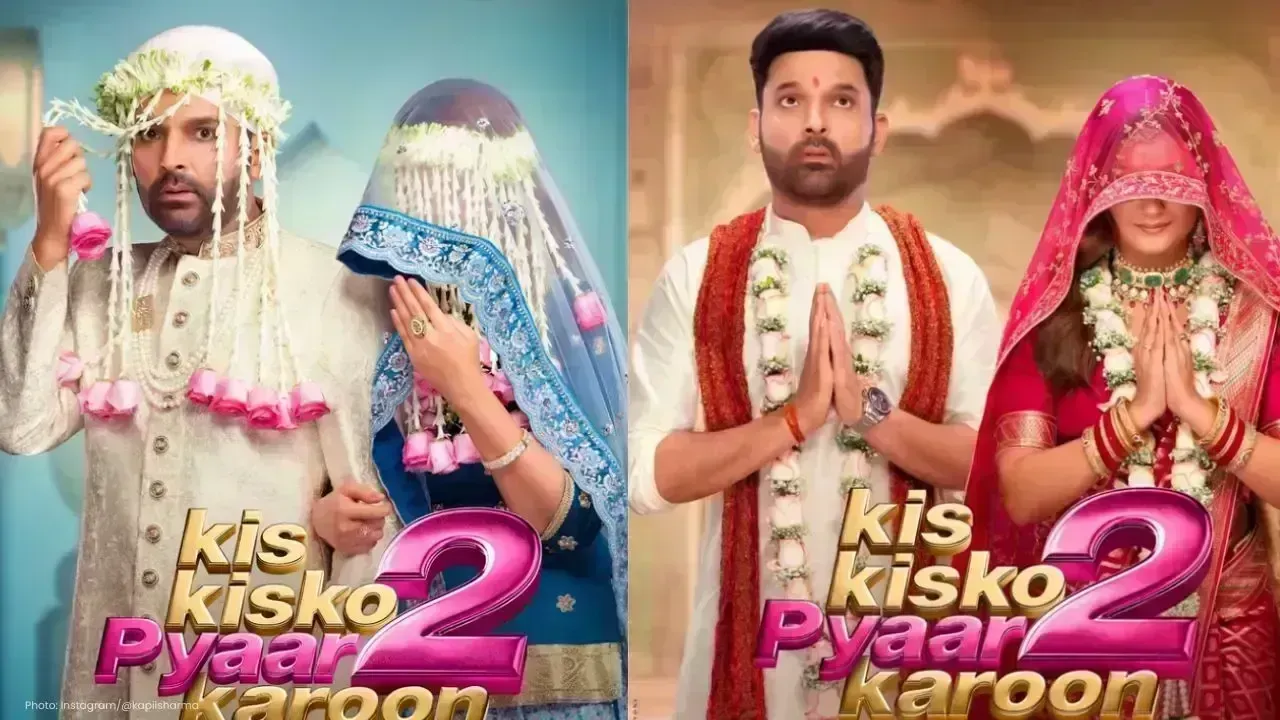
Kapil Sharma’s Kis Kisko Pyaar Karoon 2 to Re-release in January 2026
After limited screens affected its run, Kapil Sharma’s comedy film Kis Kisko Pyaar Karoon 2 will ret
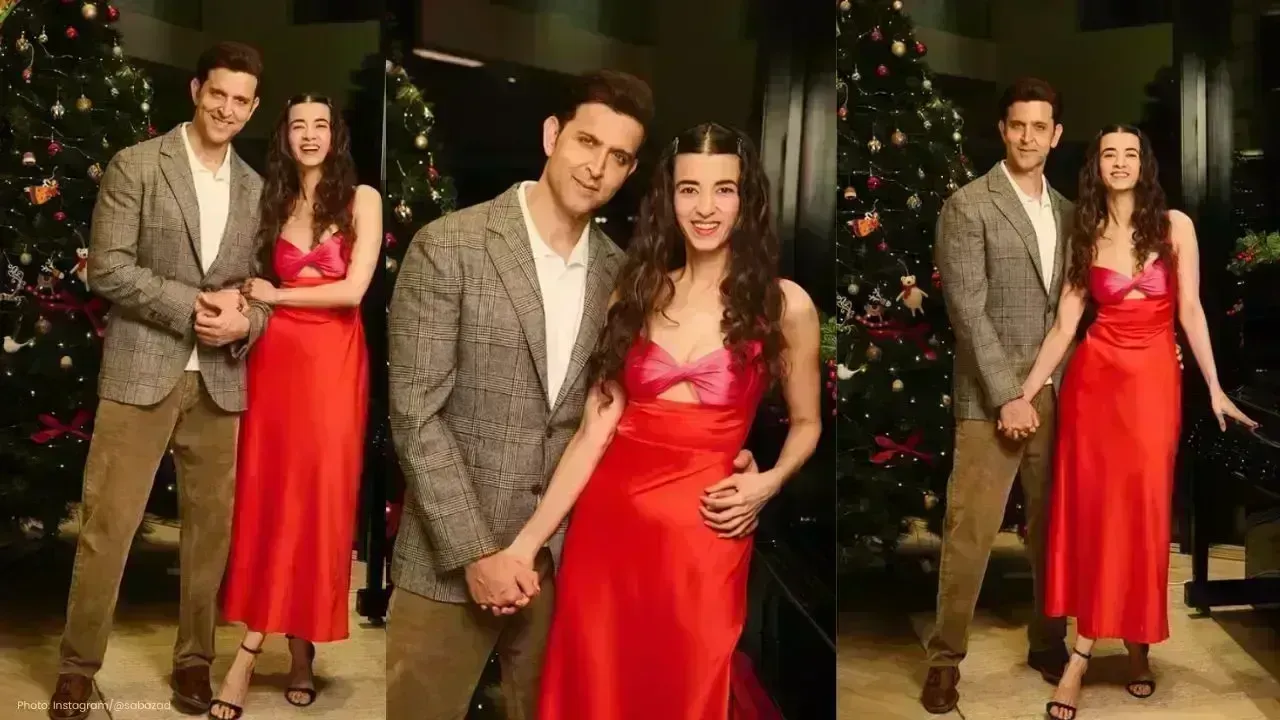
Hrithik Roshan and Saba Azad Celebrate Christmas at Family Party
Hrithik Roshan and Saba Azad celebrated Christmas at Sussanne Khan’s party, sharing happy moments wi
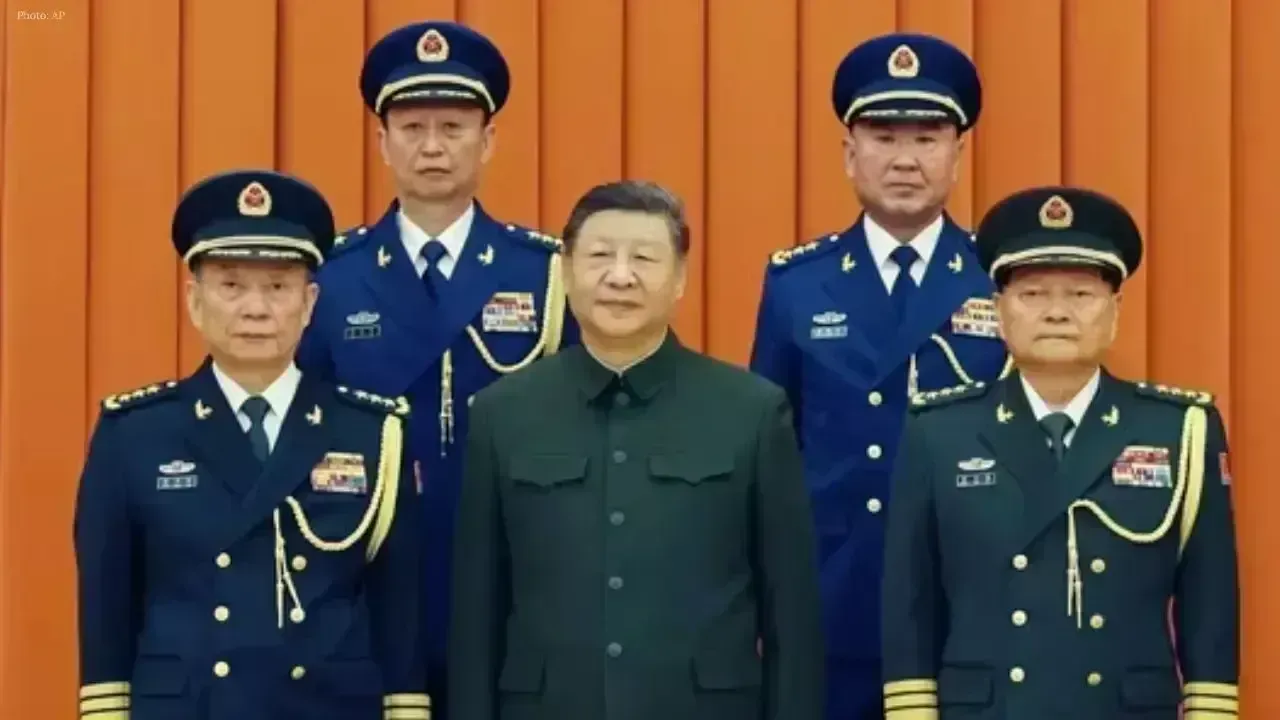
China Sanctions 20 US Defense Firms Over Taiwan Arms Sales Dispute
China imposes sanctions on 20 US defense companies and 10 executives for supplying arms to Taiwan, e

Salman Khan’s Grand 60th Birthday Bash at Panvel Farmhouse Shines Bright
Salman Khan celebrates his 60th birthday with a grand party at Panvel farmhouse, sharing joyful mome
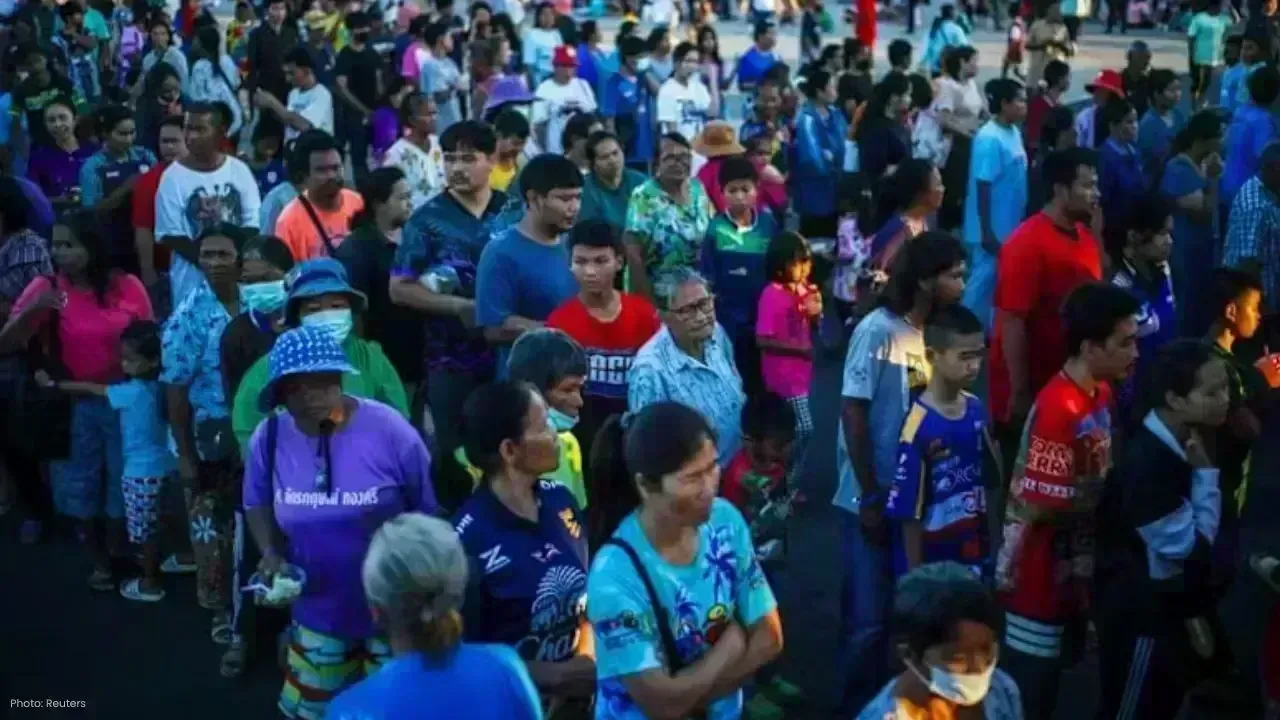
Thailand Defence Minister Joins Talks to End Deadly Border Clash
Thailand’s defence chief will join talks with Cambodia as border clashes stretch into a third week,